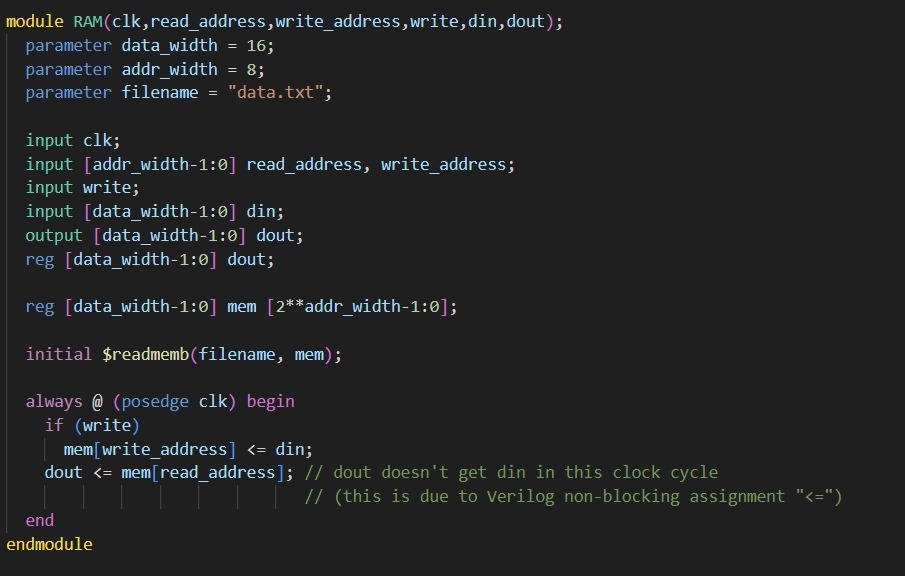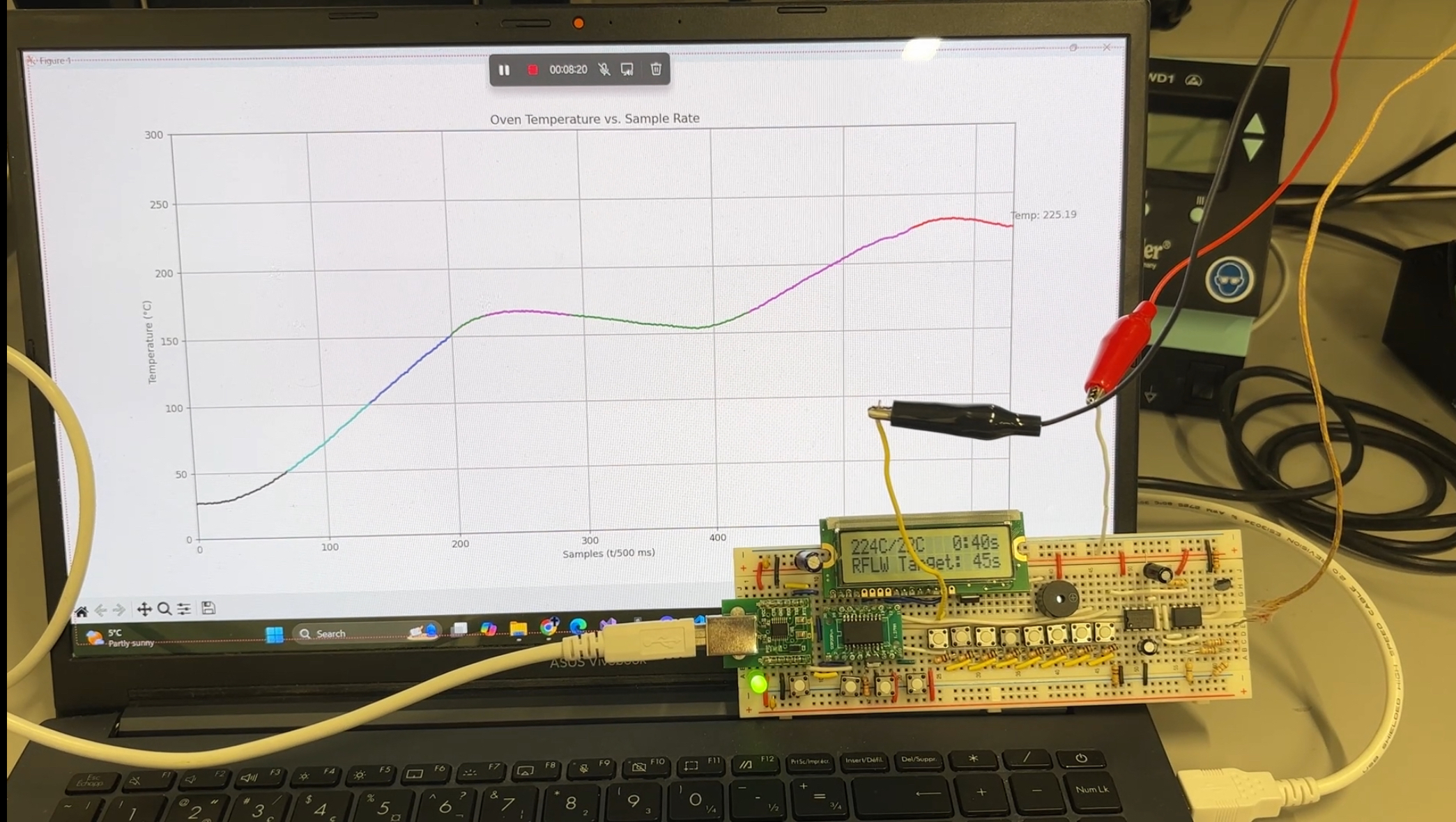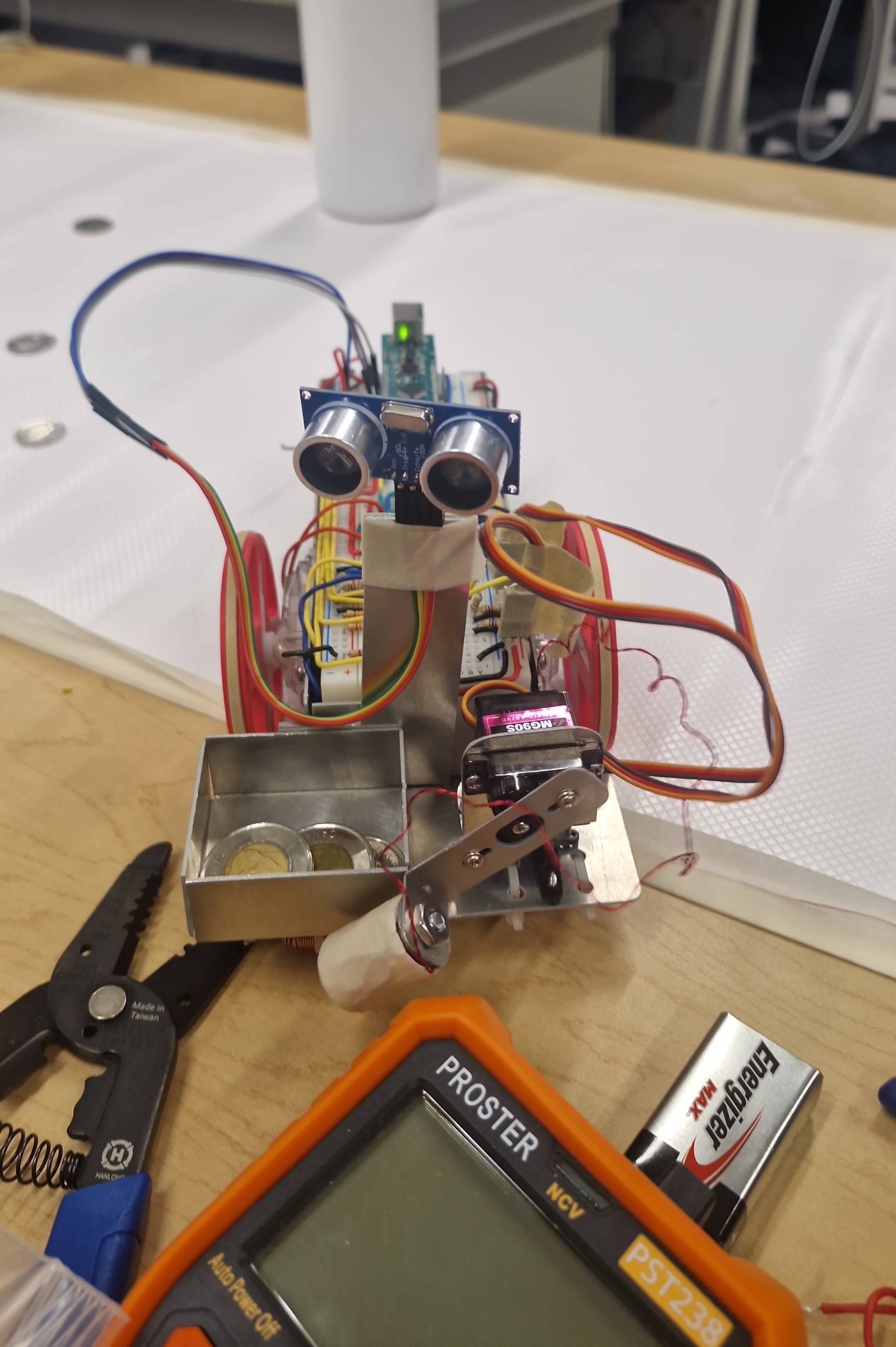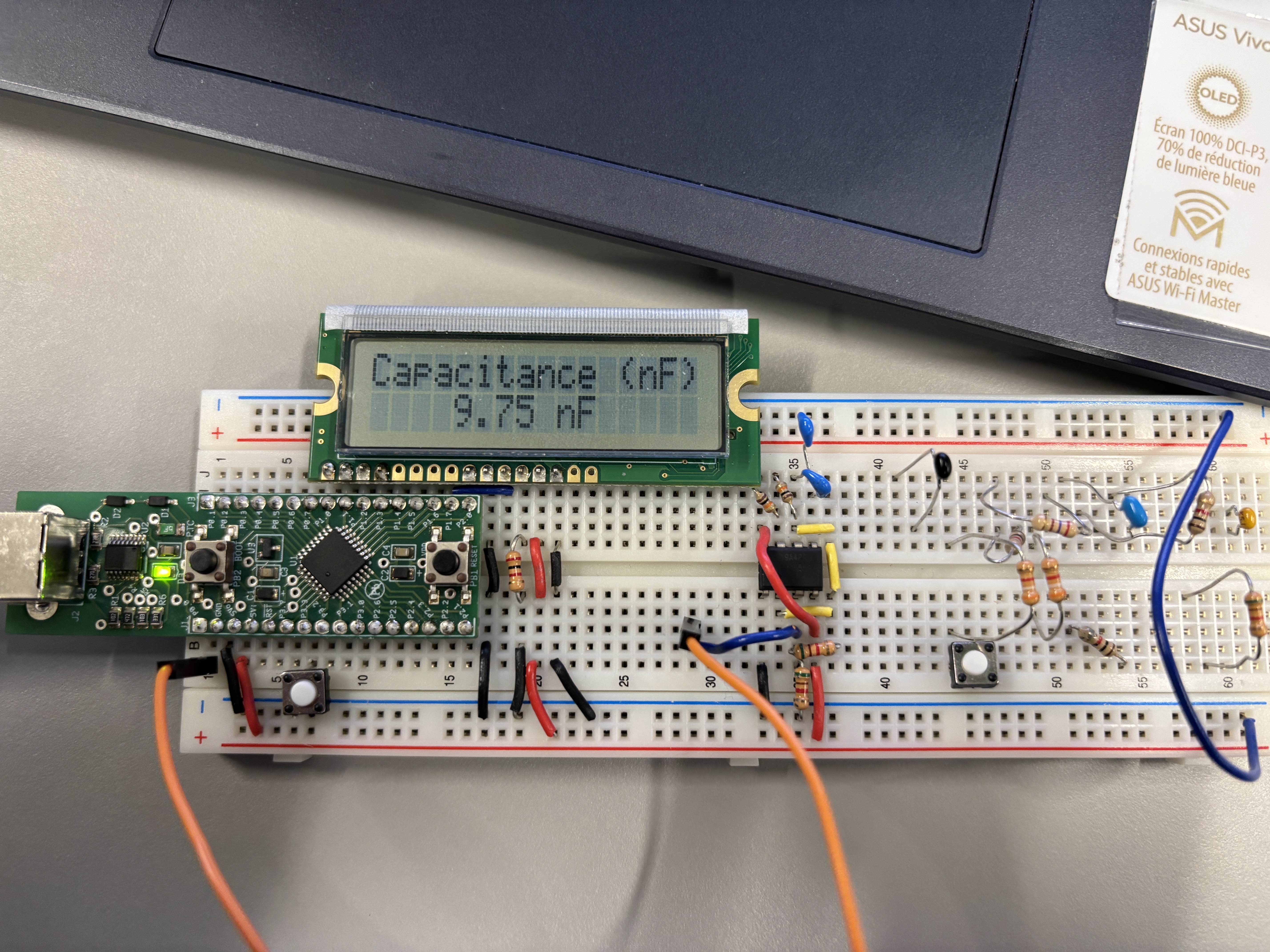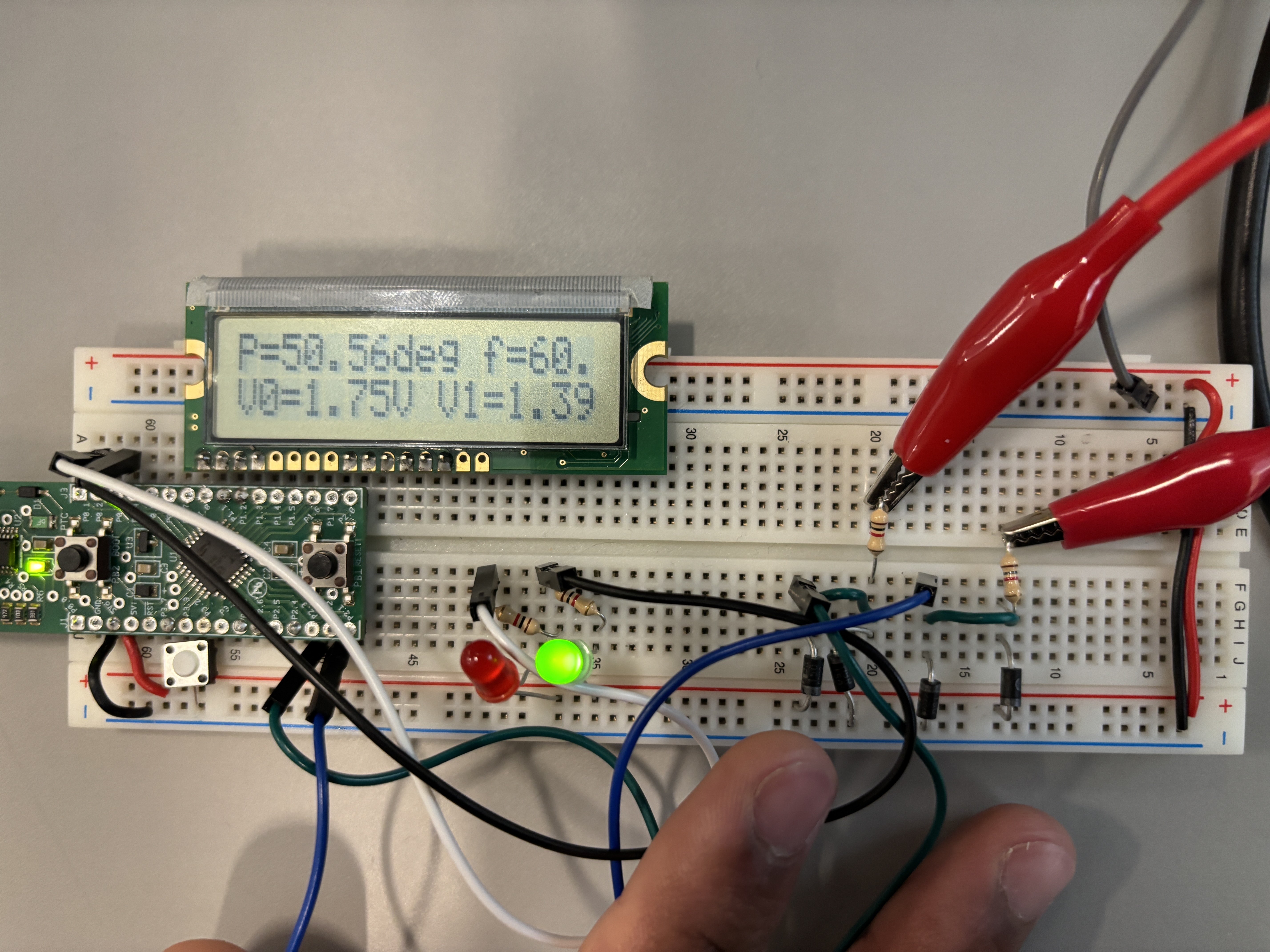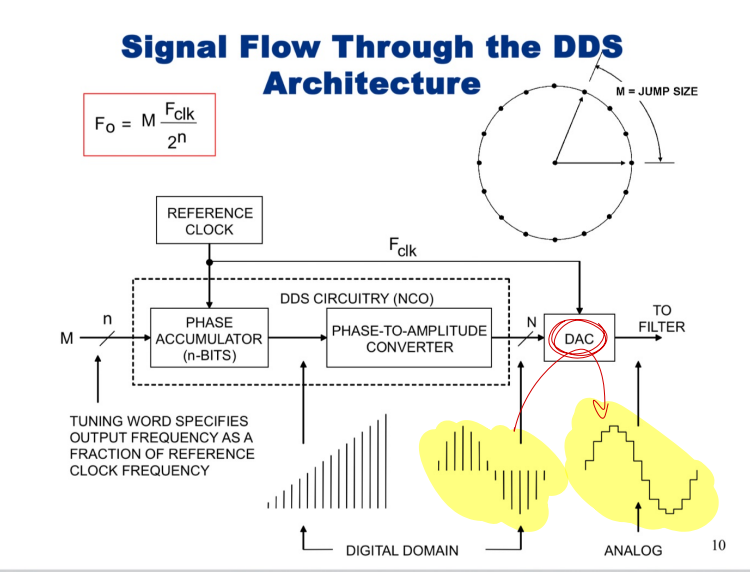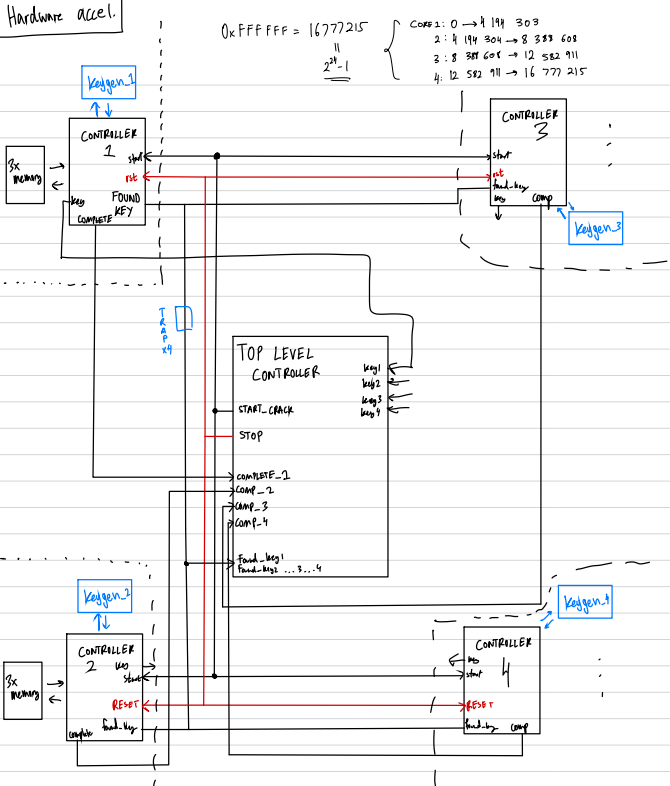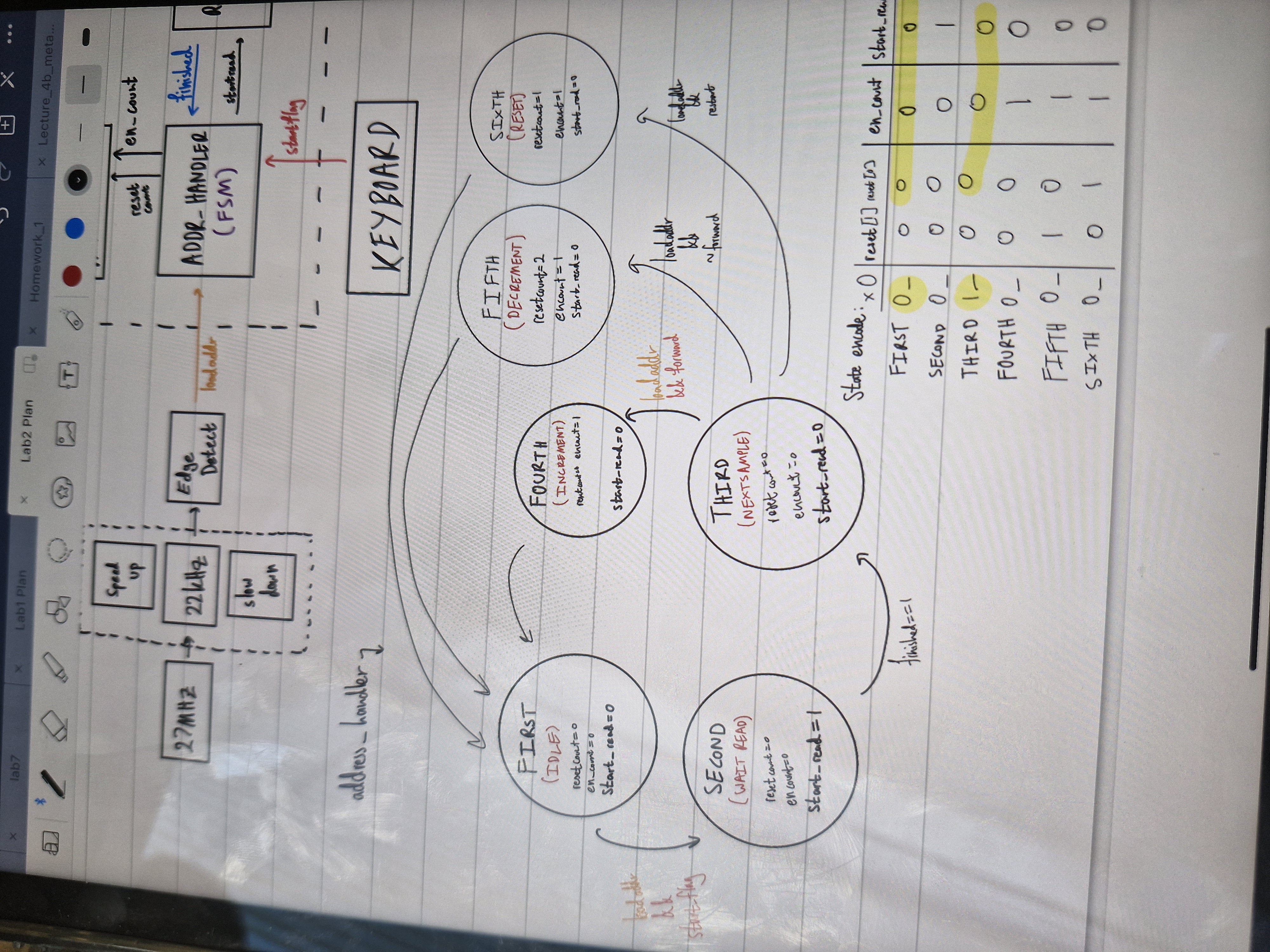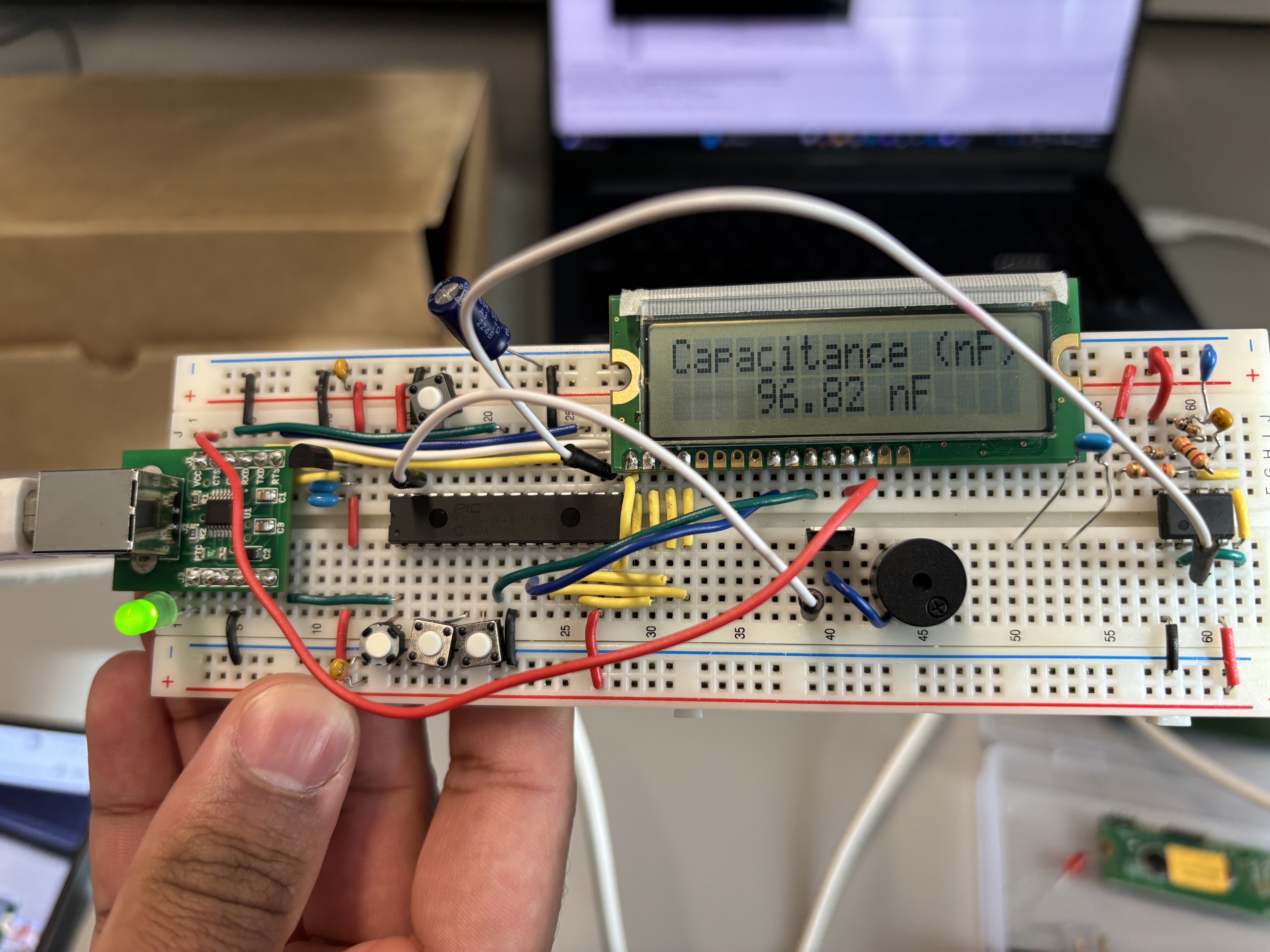Chathil Rajamanthree
Electrical & Computer Engineering
@UBC
Work Experience

Radio Network Planning Intern
Dialog Network Services
- Assisted deployment and reconfiguration of 2G/4G/5G base stations across urban and rural areas, with a focus on base station antenna interference mitigation to optimize network throughput to the end user
- Conducted drive tests with TEMS Investigation to assess antenna parameter effects on outdoor signal performance
- Performed indoor walk tests with G-NetTrack Pro to diagnose antenna complaints in existing buildings and verify signal coverage and quality in new building sites
- Proposed antenna upgrades for high-density public events, collaborating with external vendors to align solutions with technical antenna requirements
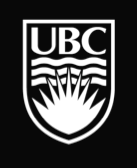
Teaching Assistant - APSC 160
Lecture Teaching Assistant, University of British Columbia
- Offered individualized support to students in C programming and Arduino-based microcontroller development
- Debugged code and designed exam questions for APSC 160: Introduction to Computation in Engineering Design
Courses Taken

ELEC
401
Analog CMOS Integrated Circuit Design
Design and analysis of analog integrated circuits, with emphasis on CMOS design techniques. Gain stages,
opamp design, frequency compensation, oscillators, A/D, D/A converters, PLL, DLL
The subject of this course is the analysis and design of analog CMOS integrated circuits. Simple modelling techniques are
used to gain a better understanding of the functions of the circuits. Intuitive design methods, quantitative performance measures
and practical circuit limitations are emphasized. Circuit performance is predicted by means of both hand calculations and computer
simulations. The course contains a review of device modelling, dc and small signal properties of single- and multi-stage amplifiers ,
followed by the study of biasing circuits, current mirrors, and active loads, differential pairs and operational amplifiers. Next,
frequency response characteristics of amplifiers will be examined. If time permits, other topics such as switched-capacitor circuits,
analog-to-digital (A/D) and digital-to-analog (D/A) converters fundamentals (Nyquist-rate and oversampling), oscillators, and
phase-locked loops (PLLs) will be discussed.
CPEN
311
Digital Systems Design
Advanced combinational and sequential electronic system design. Hardware specification, modeling, and simulation using hardware description languages (HDLs) and CAD tools. Design with programmable logic including FPGA’s. Applications include complex state machines, microcontrollers, arithmetic circuits, and interface units.
- Combinational Logic
- IC Designs
- FPGAs
- Sequential Circuits
- VHDL Synthesizable
- Timing of Synchronous Circuits
- Arithmetic Circuits; Number Systems
- Datapath Circuits
- Asynchronous Circuits
- MPS
- Pipelining
- GPU Arch
ELEC
301
Electronic Circuits
Analysis and design of electronic circuits; biasing of and small-signal models for transistors; frequency response of amplifiers; feedback and stability aspects of amplifier design; OP-AMPs; active filters; oscillators; IC specification and selection.
ELEC
221
Signals and Systems
Complex numbers, LTI systems, convolution sum, discrete-time Fourier series and transforms, z-transform, sampling, introduction to filtering and modulation, feedback systems, stability.
- Introduction to signals and systems. Basic signal properties, transformations, continuous-time vs. discrete-time, elementary signals. System properties, interconnections of systems
- Time-domain representations for Linear Time Invariant Systems. Convolution sum and convolution integral. Description by differential and difference equations
- Fourier representation of periodic signals. Discrete and continuous time periodic signals
- Frequency domain representations of non-periodic signals. Discrete and continuous Fourier Transform. Properties, connection to time-domain representations
- Applications of Fourier representations. Frequency response of linear systems, Bode plots, time and frequency characterization of LTI systems, modulation
- Sampling of continuous-time signals and their reconstruction from samples
- The Laplace Transform. region of convergence, properties, inversion, solution of linear differential equations by Laplace Transform
- The z-transform. Properties and its use in the analysis of discrete-time systems
CPEN
211
Computing Systems I
Boolean algebra; combinational and sequential circuits; organization and operation of microcomputers, memory addressing modes, representation of information, instruction sets, machine and assembly language programming, systems programs, I/O structures, I/O interfacing and I/O programming, introduction to digital system design using microcomputers.
ELEC
202
Circuit
Analysis II
Phasor analysis and AC three phase power; transfer functions; Bode plots; filters and resonance; Laplace transforms; transformers; two-port networks. First and second order circuits.
